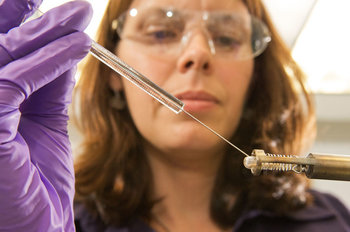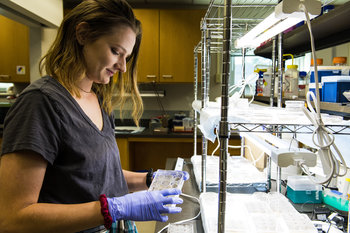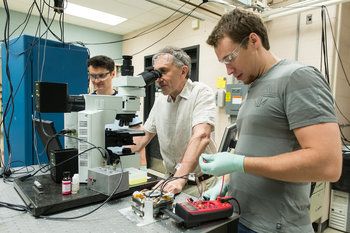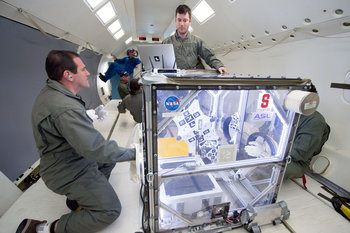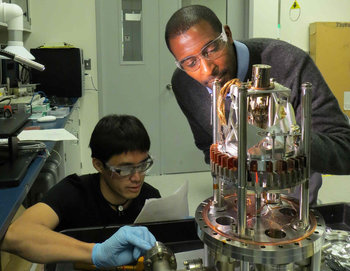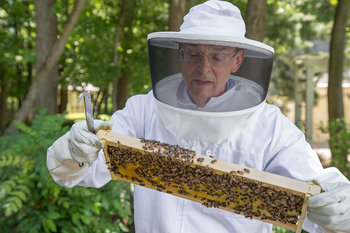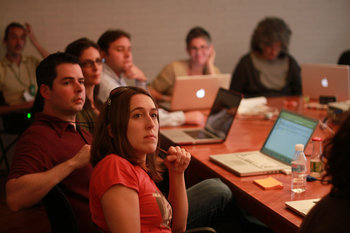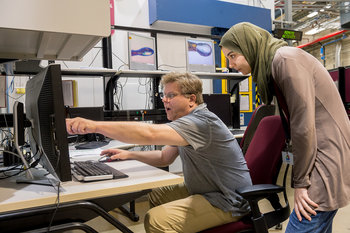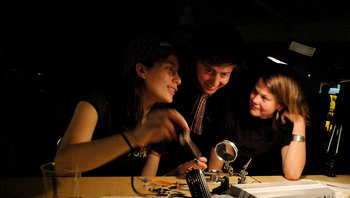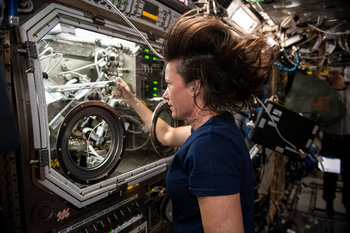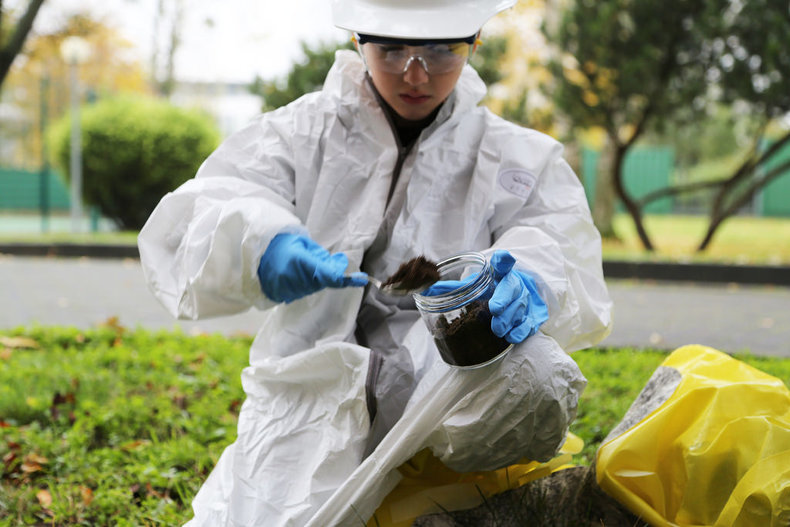
Control Variable
A variable that is held constant in an experiment. For example, solar cells may be tested with a constant source of light as opposed to natural sunlight that varies considerably from spot to spot due to factors such as clouds.Uncontrolled Variable
An extraneous variable that isn't held constant in an experiment is known as an uncontrolled variable. Such variables may be partially controlled but are not held constant. For example, a health related study may not control the diet of participants but may ask that they avoid certain foods and beverages that are likely to influence the independent or dependent variables.Negative Control
The practice of conducting an experiment the exact same way on a control group with the exception that the independent variable is changed to something that it is not predicted to have any impact on the experiment. A common example of this is a medical trial that gives a placebo medication to a negative control group. This is done to control for the possibility that a treatment is effective due to the placebo effect.Positive Control
The practice of conducting an experiment the exact same way but changing the independent variable to something that is known to produce the desired change to dependent variables. For example, a test of an innovative new solar cell that is run against commercially available solar cells as a positive control. In this case, the operational characteristics of the positive control may be well understood such that a problem with the experiment would be detected. For example, if an inappropriate wavelength of light was used in the experiment, both the test group and positive control group might underperform.Random Assignment
The practice of assigning participants to test and control groups randomly. This typically applies to human or animal studies where there is a significant difference between individuals such that any bias in assignment would invalidate results. For small sample sizes, random assignment is often not enough as you could easily end up with unbalanced groups such as a control group of all men and test group of all women. As such, processes for assignment may use both randomization and rules that balance the groups for factors that are likely to influence results.Blind Experiment
The practice of not telling participants if they are in a treatment or control group. Generally speaking, there is no use in a placebo group if the group know they are receiving a placebo as this would deter the placebo effect.Double-Blind Experiment
The practice of not telling researchers who is in the treatment or control group. This is done to eliminate any unintended bias on the part of those conducting the experiment.Sample Size, Variability, Repetition
Important considerations in the design of scientific controls is the sample size of treatment and control groups, the variability of groups and the number of times results can be reproduced successfully. For example, a study of 50,000 diverse participants that is confirmed with a subsequent study of 10,000 diverse participants is more likely to produce valid results than a single study of 20 participants.| Overview: Scientific Control | ||
Type | ||
Definition | The design and implementation of experiments to reduce the effects of variables other than independent variables. | |
Related Concepts | ||




